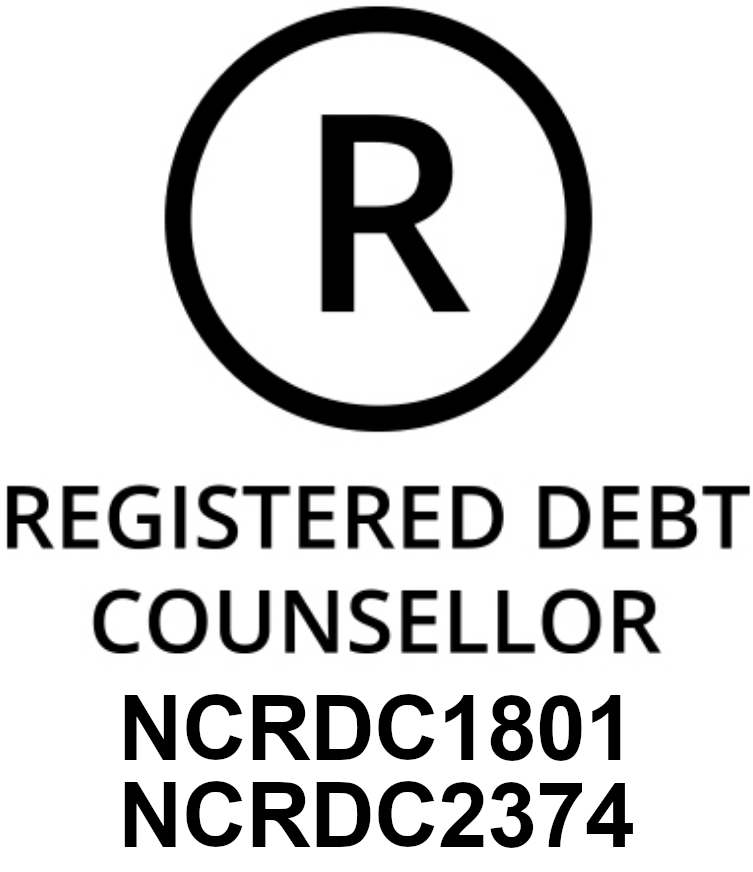May 13, 2007 By Tonny Mafu Johannesburg
Debt counselling services were being eyed as possible cash cows by legal practitioners, said the Black Sash, a non-profit organisation that offers free consumer advice.
The National Credit Act, which comes into effect next month, provides opportunities for consumers caught in the debt trap to seek help to restructure their debt payments and restore their financial health. Consumers will be able to do so through the services of debt counsellors, who are to be registered by the National Credit Regulator (NCR).
Debt counsellors will provide highly indebted consumers with budget advice and mediate with credit providers on their behalf. While there are organisations already providing free debt counselling to people in crisis, the NCR said this week it would allow service providers to charge fees to recover costs.
Consumers would face debt counselling fees of between R500 and R1 200, depending on the time taken to restructure their debt.
According to Xolela May, a paralegal adviser at Black Sash, an organisation that focuses its free debt advice towards low-income earners, the profit motive was the major driver of those that offered debt counselling. Despite the fact that it was supposed to bring relief to heavily indebted consumers, it was surprising that some lawyers were looking at debt counselling as a "lucrative" business.
May said that the entities currently offering free advice had fewer resources to tackle the rising problem of indebtedness, as professionals who would do counselling had other services to provide. These organisations were less visible than debt collectors and administrators, who were conducting their business on a purely commercial basis. There was also a risk of consumers confusing debt counsellors with administrators.
However, Mpho Thekiso, the manager for the NCR's debt relief programme, said the organisations that did not charge fees to help indebted consumers still had a role to play. The problem was that some of the paralegals in these institutions were not qualified to be debt counsellors under the requirements set out by the regulator.
Thekiso said there were a number of reasons why the fee model was adopted. While debt counselling was initially meant for low-income consumers, the NCR's studies on indebtedness showed that the highest rate of overindebtedness was among high-income earners.
Need debt counselling or consolidation?
Explore DebtBusters' solutions for reducing your interest rates and unlocking cash.
Find out moreAccording to a 2001 report on the impact of credit and indebtedness of clients, outstanding debt as a percentage of income for poorest households in South Africa (those earning up to R5 000 per annum) was 10 percent, while it was in excess of 20 percent for those with an income of R20 000 or higher per annum.
This justified the adoption of a fee-based counselling model, as high-income earners could "technically" afford to pay for counselling. Thekiso said fee levy would also act as remuneration for career debt counsellors. However, she added that the regulator was sensitive to the plight of low-income earners who might find it difficult to pay the counselling fees.
Further discussions were to be conducted with the department of trade and industry, with the aim of reviewing the debt counselling fees. But Thami Bolani, the chairman of the National Consumer Forum (NCF), said it was unrealistic to expect that heavily indebted people looking for help to sort out their financial problems could afford an extra fee.
South African households had chalked up a total of R680 billion in debts by September last year, having grown by R305 billion over a two-year period, while the debt to disposable income ratio has recently risen to a record 75 percent, raising the risk of default even if interest rates increase by a small amount. About 75 000 default judgments are issued every month.
Both May and Bolani said the government had to intervene to increase accessibility of debt counselling. Poor consumers could be subsidised or counselling services could be made available within social services departments of the government.
Thekiso said credit providers could bear some of the debt counselling costs, since the restructuring of consumer debt would have a positive effect by enabling them to recover their money.





